In the world of video games, narrative tales typically don’t resonate with wider audiences, and for good reason. Most entries into the genre put themselves inside the same, tiny box defined by terrible mechanics, soul-drainingly tired “gameplay,” awful writing, and levels so predictable they could be navigated with the screen off. It’s a depressing death of an under-utilized genre that has more misses than it has successes. 2023 has been a terrible year for narrative games, and it’s not for lack of trying. Star Trek: Resurgence, Telltales: The Expanse, and most recently Fort Solis all took a crack, but each one will inevitably die a quick death in the cultural zeitgeist.
And it’s because they are doomed to retread the same path as their predecessors; it’s just like the Rage Meter mechanic that dominated the early 2000s gaming scene, popularized by Blood Rayne. If you thought I was going to say God of War, it’s because that franchise took the concept and elevated it to the next level. Afterward, players couldn’t throw a rock without hitting a fighting game that tried a variation of the mechanic, and rarely was it improved upon, if ever, after God of War made the concept its own. Likewise, the loot shooter has been unabashedly photocopied by almost every major publisher since the success of PUBG and Fortnight launched more than half a decade ago.
In the same sense, narrative games have been retreading the same tired roads paved by the Telltale series, Detroit: Become Human, and Firewatch, but the imitators rarely succeed in making something meaningful, and I hate to say that. I love narrative experiences, maybe that’s why I’m so critical of them. As long as the story is solid — or at the very least, interesting — and the characters believable, I think these experiences can be some of the best found in gaming.
What Remains of Edith Finch is an unforgettable game. I’m envious of anyone who has never played the title; it’s one of those first-time experiences that lingers and shapes expectations for the games that follow. If the narrative alone wasn’t enough to hook the player, then the plethora of inventive mini-games and careful attention to detail certainly is.
Life is Strange relied more on exploration and conversation, but managed to take the threadbare concept and turn it into a powerful story, even contending with the wacky world of time travel to pull off a comic book-level plot. And while Heavy Rain was never labeled a narrative game, its story and interactivity will forever cement its place as one of my top contending titles. Each one of these games could have very easily fallen into the “walking simulator” category, but through excellent gameplay, beautifully crafted unique stories, and one element that made the experience a thing of its own, they transcended the complaint.
But the 2023 offerings have none of that individualistic zeal that sets those titles apart. Fort Solis, the first game released by Fallen Leaf – an indie studio that claims to have the production quality of a AAA studio — is one of the worst offenders this year. The title is gorgeous, and tapped some of the hottest voice actors in the industry, like Roger Clark (Arthur Morgan, Read Dead Redemption) and Troy Baker (Joel, The Last of Us) but that’s where is but its qualities end. The gameplay is boring, the story predictable and incredibly lacking, and even worse, the puzzles — the only interaction the player really gets to do — are so easy they could have been replaced simple interactions, or worse, they could have been bypassed entirely. The psychological thriller aspect was completely missing, making the game essentially adventures in walking while inconvenienced.
Star Trek: Resurgence may have been lacking Fort Solis’s undeniable beauty, but the story was gripping. Sure, the mini games were only slightly less arbitrary, but Dramatic Labs had the presence of mind to pretend they correlated with a task. More than that, there were multiple endings, and more than enough incentive to pick the game up in a few years when the finer points had left memory. The title certainly didn’t break any new ground, but it at least tried to live up to the “game” part of its name. The latest Telltale game centered on The Expanse, is much the same. It might not be a gorgeous, but the Telltale crew labored to refine animations, upgrade auditory input, and refining janky controls.
Narrative games will likely never appeal to as wide an audience as first-person shooters, RPGS, or melee beat-‘em-ups, but games like Fort Solis essentially ensure it. I pity the player who picks Fort Solis up after buying into the hyper surrounding the voice actors and visuals. Every gamer likes a good story but any brush with a fun-killing title like this one is just another nail in the narrative coffin.

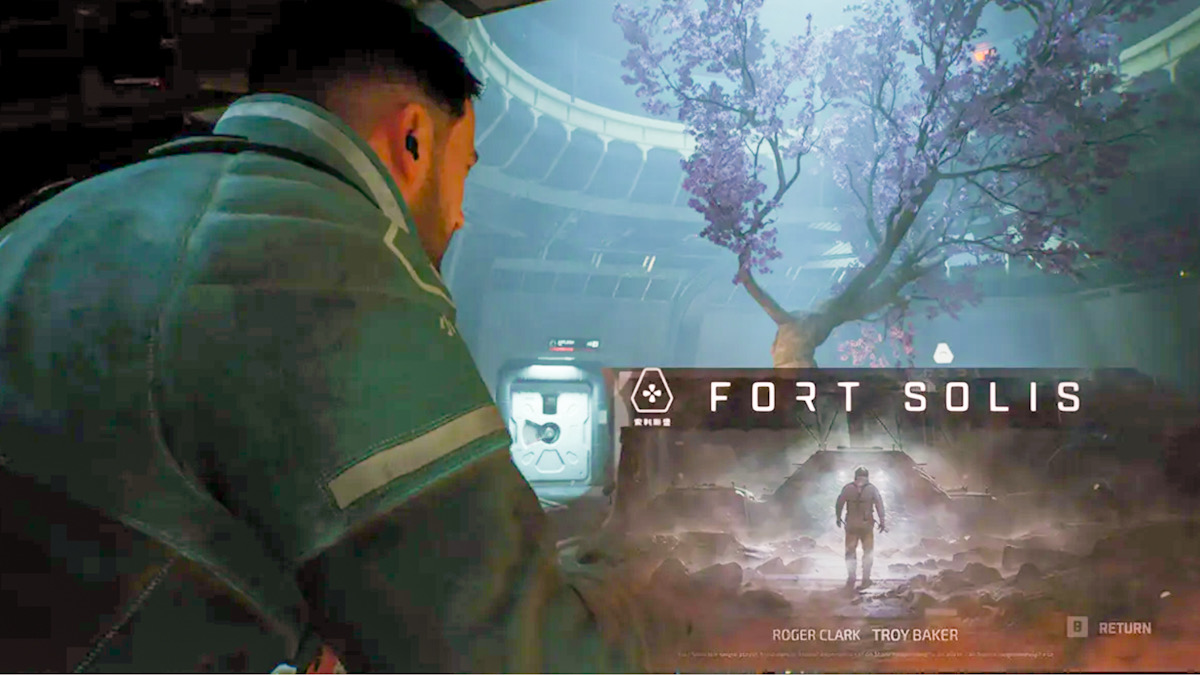
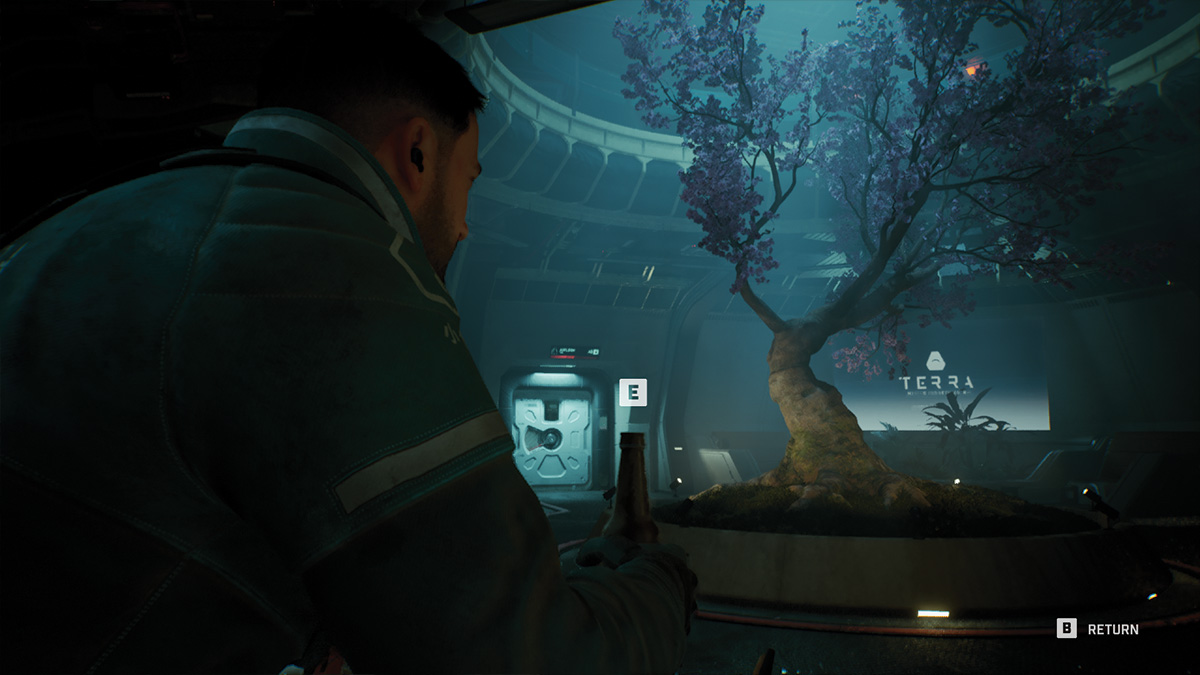
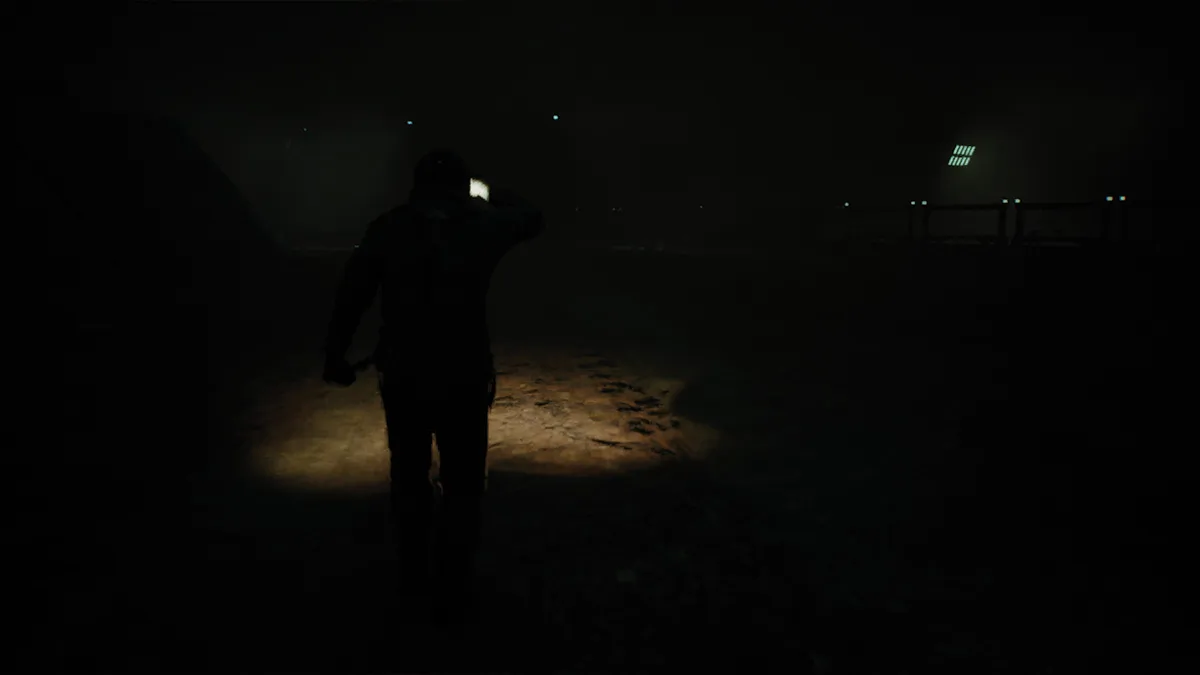

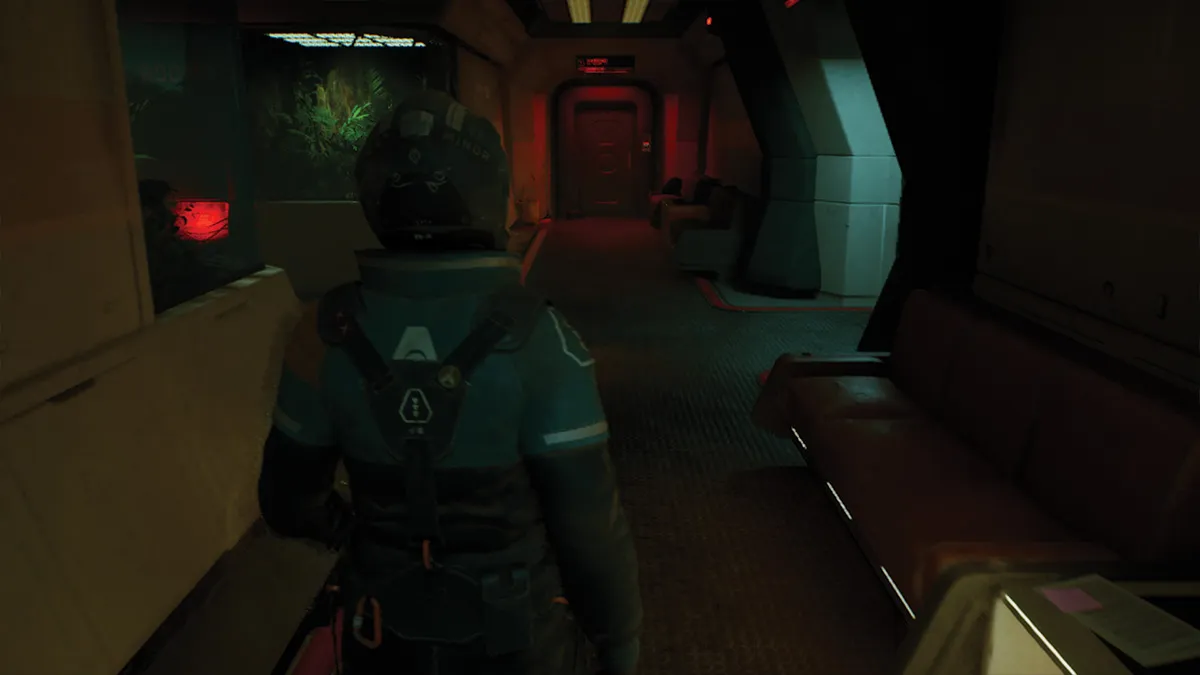
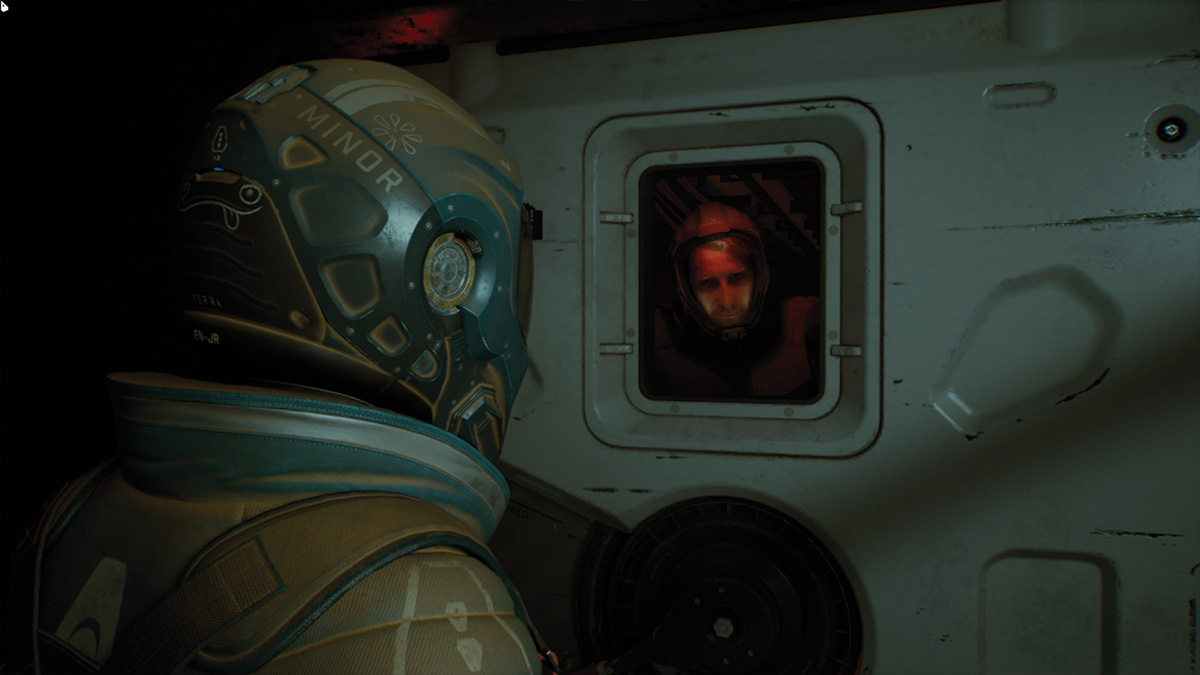
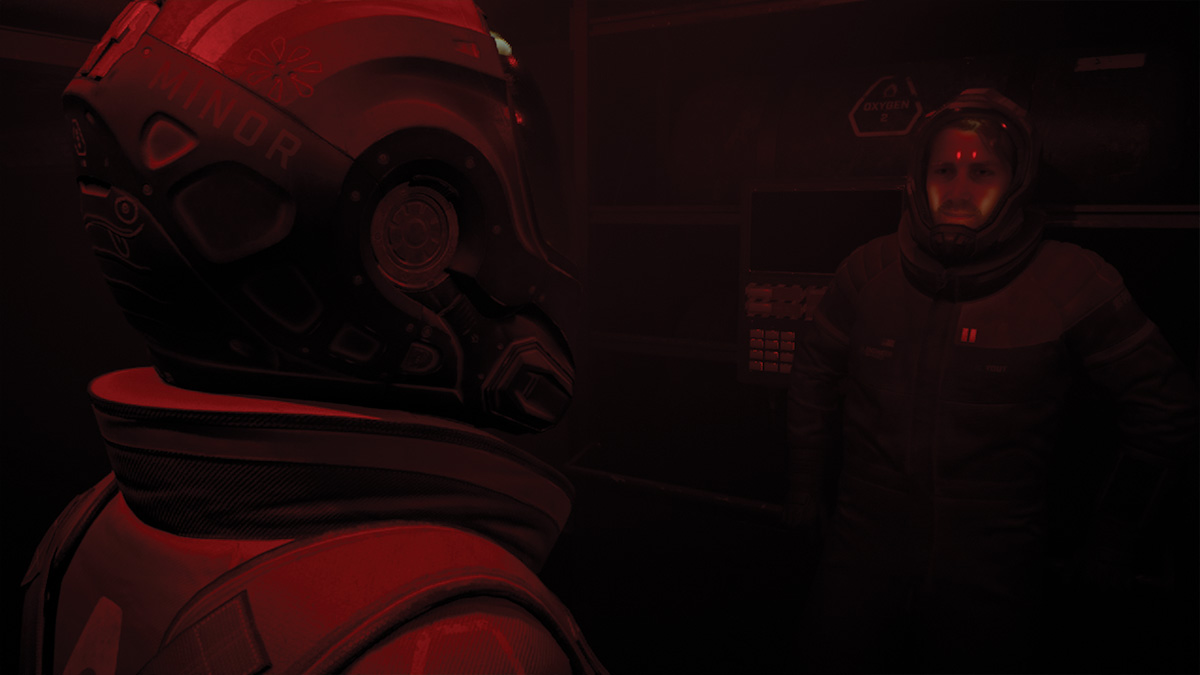









Published: Aug 22, 2023 02:19 pm